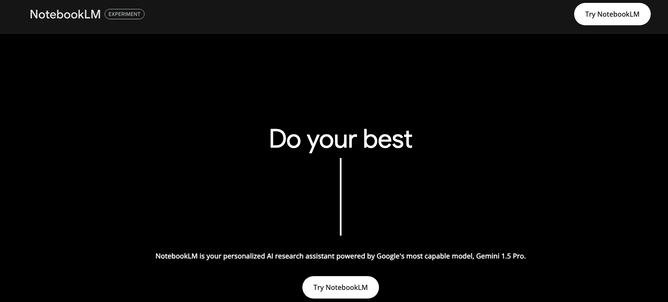Written by AI (Test version of Google Notebook LM).
In my ongoing mission to help you invest responsibly, I often talk about modern slavery and its presence in global supply chains.
As we've discussed, this complex issue requires investors like us to be vigilant and proactive. In this post, I want to share a case study from Alphinity's latest report, which highlights how a major company, Nike, is taking a leadership role in addressing modern slavery risks.
Nike: Setting the Standard for Ethical Sourcing
Nike, a global leader in sportswear and footwear, has long recognised the importance of ethical sourcing. Their commitment to tackling modern slavery in their supply chain is commendable, and they've implemented a multifaceted approach to drive positive change:
●Supply Chain Transparency: Nike understands that visibility is crucial for accountability. They've invested significantly in mapping out their Tier 1 and Tier 2 suppliers, providing greater transparency into their manufacturing processes and the origin of their materials.
●Collaboration & Partnerships: Nike recognises they can't tackle this issue alone. They actively collaborate with industry stakeholders, NGOs, and governments to develop and implement solutions, share best practices, and drive systemic change.
●Going Beyond Risk Assessment: While many companies focus solely on identifying and mitigating modern slavery risks, Nike goes a step further by setting social targets for their suppliers. They aim to improve the lives of workers by promoting:
○Safety: Ensuring safe working conditions and minimising workplace accidents.
○Gender Diversity: Promoting equal opportunities for women in the workplace.
○Employee Engagement: Creating a culture of respect and fostering positive working relationships.
●Wage Transparency: Nike is making strides in addressing the issue of fair wages by collecting and analysing wage data from its strategic suppliers, demonstrating their commitment to ensuring fair compensation.
Lessons Learned & The Path Forward
Nike's proactive approach offers valuable lessons for other businesses and investors:
Leadership Matters: Companies that prioritize ethical sourcing and actively combat modern slavery can inspire others to follow suit.
Transparency Builds Trust: Openly disclosing supply chain practices and progress on social targets demonstrates accountability to investors and consumers.
Collaboration is Key: Addressing complex challenges like modern slavery requires collaborative efforts and partnerships.
By supporting companies like Nike that prioritise ethical sourcing, we can help drive positive change in the world.


